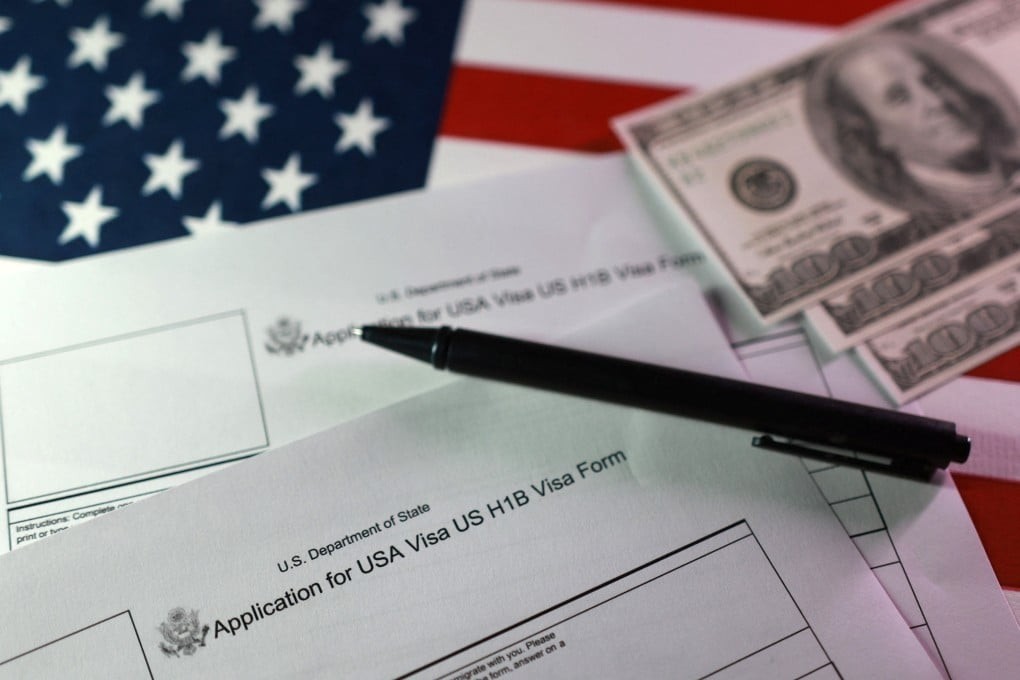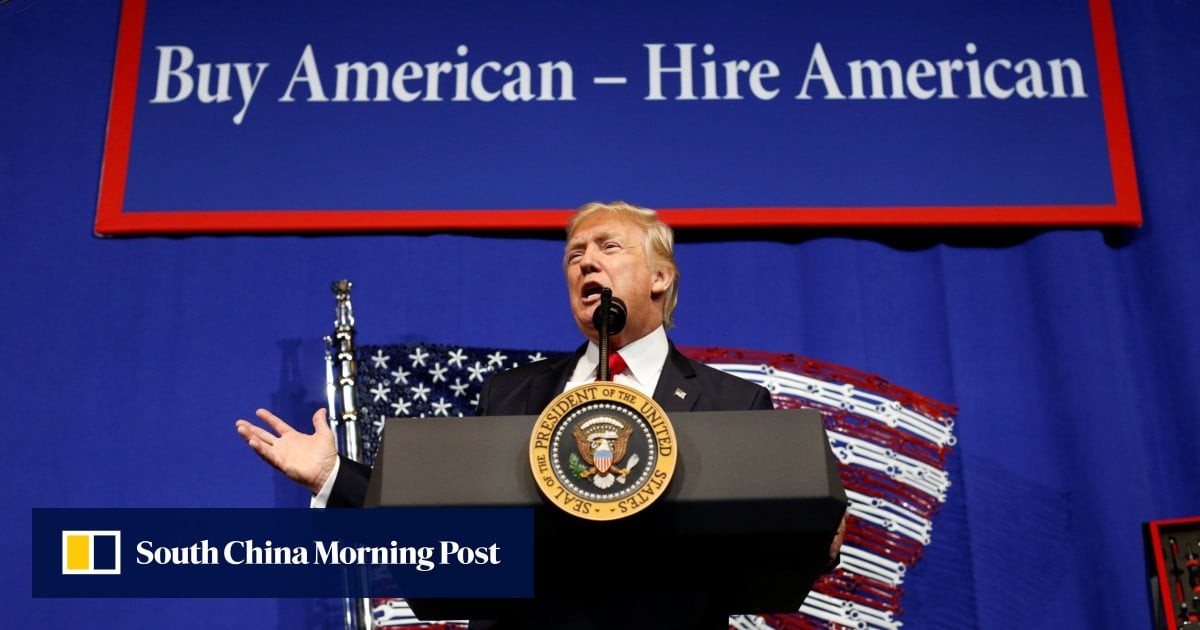Exodus in the Making: Chinese Tech Workers in the U.S. Eye Europe as Trump Proposes a $100,000 H-1B Fee — 'I cannot take it any more'
In the San Francisco Bay Area, Alan, a Chinese national working at a chip company, reads news that President Trump is proposing a US$100,000 payment for H-1B visas. The proposal lands like a jolt, hinting at a future that may not include the United States for everyone who built its tech backbone.

In This Article:
A single message sparks a cross-continental question
When Alan reads the news, he immediately writes to a friend in Paris. "I cannot take it any more," he writes. "I want to ask you about the work environment in Europe and if their immigration policies are friendly." This moment captures a broader trend: more workers are weighing a move to Europe to escape the ongoing, unpredictable shifts in U.S. policy.

Europe as a trade-off: fresh start vs. familiar hurdles
For many, Europe promises a potential new start with different work cultures and perhaps immigration policies that feel more welcoming. Yet the reality includes language barriers and, in many cases, lower salary levels compared with the United States.

A border of uncertainty: risk, resilience, and longing
The broader backdrop is policy volatility. The prospect of starting over in Europe is both hopeful and daunting: it means navigating new language, culture, and job markets while weighing what it costs to leave behind comfort, teammates, and a familiar system.

What this shift could mean for workers, firms, and policy
If more tech workers seek Europe, companies may adjust hiring and relocation practices, while policymakers debate visa pathways and wage structures. The story of Alan and his peers shows how immigration choices are personal decisions made under a volatile geopolitical breeze.


